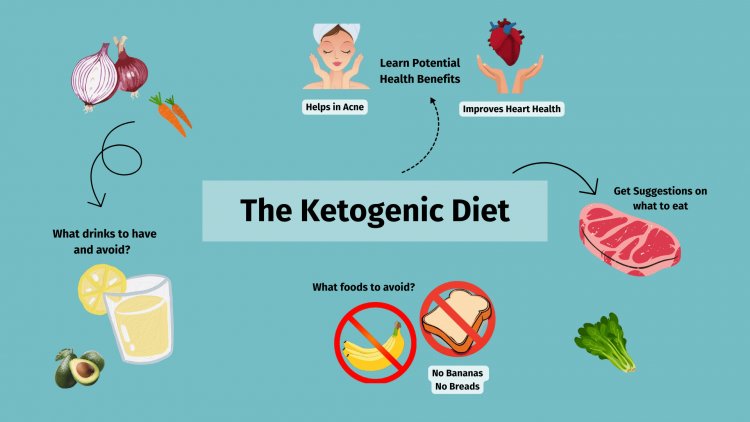The Ketogenic Diet: A Comprehensive Beginner’s Guide
The ketogenic diet, often referred to as keto, has gained significant popularity in recent years for its potential health benefits, especially in weight loss and managing certain health conditions like diabetes.

The Ketogenic Diet: A Comprehensive Beginner’s Guide
The ketogenic diet, often referred to as keto, has gained significant popularity in recent years for its potential health benefits, especially in weight loss and managing certain health conditions like diabetes. If you're considering embarking on the keto journey, understanding the basics is crucial. In this detailed beginner's guide, we'll explore the fundamental principles of the ketogenic diet, its benefits, what to eat, potential risks, and more.
What are the basic rules for keto?
The ketogenic diet involves drastically reducing your carbohydrate intake and replacing it with healthy fats. The basic rules include consuming high-fat, moderate-protein, and low-carbohydrate foods. This prompts your body to enter a state called ketosis, where it burns fat for fuel instead of carbohydrates.
What do I eat on the keto diet?
On a ketogenic diet, focus on whole, nutrient-dense foods such as meats, fatty fish, eggs, avocados, nuts, seeds, low-carb vegetables, and healthy oils like olive oil and coconut oil. Avoid processed foods, sugary snacks, and high-carb items like grains, fruits, and starchy vegetables.
What is ketosis?
Ketosis is a metabolic state characterized by elevated levels of ketone bodies in the blood. When carbohydrate intake is limited, the body begins breaking down fat stores into ketones, which serve as an alternative energy source for the brain and muscles.
Can the keto diet help me lose weight?
Yes, many people experience weight loss on the ketogenic diet due to its ability to suppress appetite, increase fat burning, and stabilize blood sugar levels. However, individual results may vary, and it's essential to maintain a calorie deficit for effective weight los
Is the keto diet good for people with diabetes and prediabetes?
Research suggests that the keto diet may benefit individuals with diabetes and prediabetes by improving insulin sensitivity, blood sugar control, and reducing reliance on medication. However, it's crucial to monitor blood sugar levels closely and consult with a healthcare professional.
What are the other benefits of the keto diet?
In addition to weight loss and blood sugar management, the ketogenic diet has been associated with various other health benefits, including improved mental clarity, enhanced energy levels, and potential therapeutic effects for neurological disorders like epilepsy and Alzheimer's di
What foods do I avoid on a keto diet?
Avoid high-carb foods such as grains (wheat, rice, oats), fruits (bananas, apples, oranges), starchy vegetables (potatoes, corn, peas), sugary snacks, processed foods, and anything containing added sugars or refined carbohydrates.
What foods can I eat on the keto diet?
Focus on consuming foods rich in healthy fats, moderate protein, and low carbohydrates. Examples include meat, fish, eggs, avocados, nuts, seeds, non-starchy vegetables (leafy greens, broccoli, cauliflower), and healthy oils.
A sample keto meal plan for 1 week
Here's a sample meal plan to get you started on your keto journey:
- Breakfast: Scrambled eggs with avocado and spinach
- Lunch: Grilled chicken salad with olive oil dressing
- Dinner: Baked salmon with asparagus and cauliflower mash
- Snacks: Almonds, celery sticks with cream cheese
Healthy keto snacks
Opt for keto-friendly snacks like nuts, seeds, cheese, olives, hard-boiled eggs, and veggies with guacamole or hummus.
Keto tips and tricks
- Stay hydrated: Drink plenty of water to stay hydrated and support ketone production.
- Monitor macros: Track your daily intake of fats, proteins, and carbohydrates to ensure you're meeting your keto goals.
- Plan ahead: Meal prep and plan your meals in advance to stay on track and avoid temptations.
Side effects and how to minimize them
Common side effects of the keto diet may include keto flu, constipation, and bad breath. To minimize these effects, stay hydrated, increase electrolyte intake, consume fiber-rich foods, and practice good oral hygiene
Does being on the keto diet have any risks?
While the ketogenic diet is generally safe for most people, it may not be suitable for everyone, especially those with certain medical conditions or dietary restrictions. Potential risks include nutrient deficiencies, gastrointestinal issues, and long-term health implications.
Are there supplements for a keto diet?
Supplements such as electrolytes (sodium, potassium, magnesium), omega-3 fatty acids, and exogenous ketones may support your keto journey by replenishing nutrients and enhancing ketosis. However, it's essential to consult with a healthcare professional before starting any new supplements.
Conclusion
The ketogenic diet offers a promising approach to weight loss, blood sugar management, and overall health improvement for many individuals. By understanding the basic principles, following a well-balanced meal plan, and making informed choices, you can embark on your keto journey with confidence. Remember to listen to your body, stay consistent, and consult with a healthcare professional if you have any concerns or questions along the way.

 Harrison
Harrison 





















